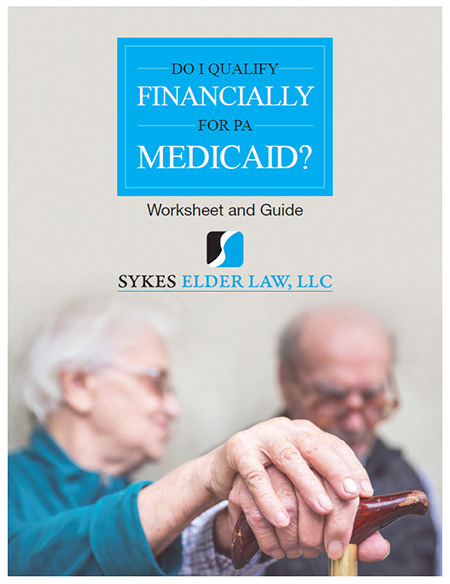If you are retired and want to minimize financial risk, ensure financial security, and preserve your wealth, you may want to consider an asset protection trust. An asset protection trust is a great way to keep your assets safe from unnecessary nursing home spend-down, lawsuits, scam artists, and other potential losses.
What Is an Asset Protection Trust?
An asset protection trust is a type of irrevocable trust designed to protect a person’s assets. The trust is created when someone – the “grantor” – transfers ownership of their assets to a “trustee” who then manages these assets for the benefit of the grantor.
Asset protection trusts are used by a lot of elder law attorneys who are helping their clients avoid things such as nursing home spend-down. It’s common for elder law attorneys to have clients facing the prospect of qualifying for Medicaid, but they have assets that potentially have to get spent down before qualifying for Medicaid. By planning ahead and using an asset protection trust, we can often limit or eliminate spend-down after a five-year waiting period that avoids the Medicaid look-back period.
However, asset protection trusts can be used for more than just Medicaid. It’s common for seniors to face a variety of hazards, including scam artists contacting them via phone, internet, or email; being pressured into gifting or bequeathing assets away; or losing assets due to negligence-related lawsuits.
Even though an asset protection trust requires you to transfer ownership of your assets to the trust, you are still allowed to dictate how these assets will be handled. You can ensure your assets are distributed to whomever you want, when you want, and even under specific conditions.
When to Use an Asset Protection Trust
Asset protection trusts are ideal for specific cases, so it’s not always going to be the right choice for every senior. In some cases, people may have too few assets to justify the creation of a trust.
An asset protection trust may also not be worth it for those with high net worths. For anyone who can pay for long-term care out of income from investable assets, there’s typically no reason to move forward with this type of asset protection trust.
The sweet spot for an asset protection trust is the middle 80% of the elderly population. This type of trust might be too restrictive for somebody just on the cusp of retiring, but it is generally good for people in their seventies or eighties. Timing can play a critical role.
Additionally, asset protection trusts are most advantageous when created five or more years before the grantor expects to apply for Medicaid. The reason is that, when applying for Medicaid, you will be asked if you have given any assets away or transferred anything to a trust in the last five years. If so, penalties will apply. However, after five years have passed, there is no penalty.
Do Asset Protection Trusts Offer Tax Advantages?
If your asset protection trust is set up as a grantor type trust, it can preserve certain tax advantages. For example, with step-up in basis, the capital gains tax is eliminated for appreciating assets when somebody dies.
Additionally, if you have a residence that you place in an asset protection trust, you benefit from the exclusion from capital gains tax if you’ve lived in the residence for at least two of the past five years. You also won’t have to file a separate Form 1041 – an estate or trust tax return – for the trust because you can report any income on your Form 1040.
For these reasons, a grantor-type trust is often an excellent structure for an asset protection trust.
How Do Asset Protection Trusts Help with Medicaid Spend Down?
For those unfamiliar, Medicaid spend down is a way for someone to qualify for Medicaid in Pennsylvania even if their countable assets surpass their state’s Medicaid limit.
An asset protection trust makes Medicaid spend down much easier because it allows you to transfer the ownership of some of your assets to a trustee who can then manage these assets for your benefit. Through the asset protection trust, you will still have indirect access to your assets, but they will no longer be subject to Medicaid spend down.
Depending on your wealth, an asset protection trust could save you hundreds of thousands of dollars in the event that you, or your spouse, need nursing home care in the future, as many seniors do.
Watch the Webinar Recording
All of this information was presented in a webinar, where we also had time to answer questions from the audience at the end. Watch the recording below!
Don’t want to miss the next one? Sign up for our newsletter to get the latest on upcoming webinars.






